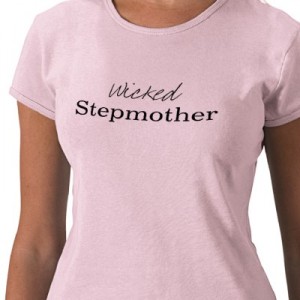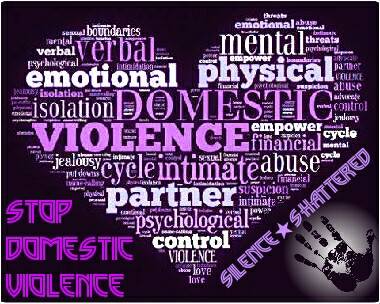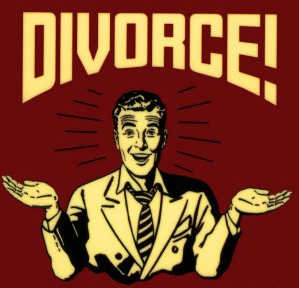Why It’s Easier To Love A Stepdad Than A Stepmom
2. What makes it harder for a stepchild to accept a stepmother? What builds a stepchild’s resentment of “dad’s new wife”?
If you think it’s her [stepmother’s] own wickedness of just plain lack of trying, guess again. It may have more to do with the children’s mother than anything the stepmother is doing or not doing.
According to researchers including Mavis Hetherington and Constance Ahrons, after a divorce women experience more resentment and anger, and experience it for longer, than do men, who are more likely to nurture fantasies of reconciliation and work for “smooth sailing” with an ex-spouse.
Based on her 30-year Virginia Longitudinal Study of life post-divorce, Hetherington concludes that stepmothers are frequently singled out for very bad treatment indeed by stepchildren who pick up on their mother’s anger and resentment and become her proxy in their father’s household.
As more than one adult stepchild told me, “My mom wouldn’t like it if my stepmom and I were close.” Often, a stepchild who “hates” stepmom feels that in doing so she is expressing solidarity with her mother.
If mom would explicitly give her permission to like her stepmother, and let her know that being nasty to stepmom is not an option, the behavior, and the resentment it stems from, would likely vanish.
I agree with Wednesday’s point and add the following:
Type of Custody
I believe most stepdads live with women who have sole custody of their children, and the biological dad receiving visitation rights. This arrangement allows the stepdad more time for daily interaction with the stepchildren and for their relationship to develop over time.
This is in contrast to the stepmother who because of the husband’s visitation rights may only be able to interact with her stepchildren during shorter visits or potentially stressful holiday “visits”.
Different Expectations
When I met the Pretty Lady she shared joint physical custody with her ex. I entered the marriage knowing the kids had a dad who was very much a part of their life.
Prior to our marriage, I met with their dad and I communicated I wasn’t trying to replace him and to consider me as an additional resource to come along side to join him and the Pretty Lady in raising his children.
I felt my communication helped their dad in increasing his comfort level and accepting me in his children’s life. I believe this, in turn, minimized any loyalty conflicts his kids may be feeling by having a relationship with me.
For stepmothers, I feel their husbands have a different set of expectations. Husbands view mothers as the primary caregivers and they expect their new wives to “naturally” step in and pick up where the biological mom left off regardless of their parenting experience.
The new wife energetically and enthusiastically accepts her new role as stepmother out of love and a desire to win the hearts of her husband’s children. However, in most, she ends up disillusioned and feeling used, abused, and unappreciated.
Conclusion
While any stepparent role is going to be with its challenges. The role of the stepmother is significantly more difficult than that of the stepfather. The stepfather’s role is primarily breadwinning for his family whereas the role of the stepmother is the care of nurturing of the children.
There appears to be a double standard in that the stepfather tends to be accepted by the biological dad. The stepmother’s role on the other hand is seen as threatening.
- Why is there a double standard?
- Are stepdads non-threatening because the word “dad” appears in their title and not “mom”?
- Is this simply the difference between how men and women get along with one another?
- Are men more accepting and understanding of other men than women are of other women?
Please leave your answers and thoughts in the Comments. Thank you.







